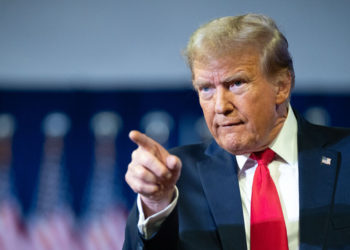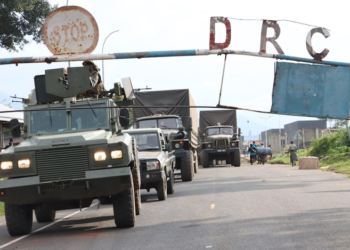By AL JAZEERA
Electoral authorities announce results of voting by diaspora in the US, Canada, South Africa, Belgium and France.
Democratic Republic of the Congo has begun to announce the results of general elections marred by chaotic organisation and credibility concerns.
Electoral authorities on Friday announced the results of voting by diaspora Congolese in South Africa, the United States, Canada, Belgium and France ahead of the release of the full outcome on Saturday.
The votes, which represent a small proportion of the electorate, showed President Felix Tshisekedi with a sizable lead over his opposition rivals. Voters also cast their ballots to choose the next crop of national and regional lawmakers, and local councillors.
The provisional results come after voting in the mineral-rich Central African nation was extended into Thursday after some polling stations failed to open to the public and some voters could not find their names on registers.
The unscheduled extension prompted fierce pushback from opposition candidates, some of whom labelled the move unconstitutional and called for a new election.
Tshisekedi was considered the frontrunner going into the election, in which he faced a divided opposition that included Nobel Peace Prize laureate Denis Mukwege and business magnate and former provincial governor Moise Katumbi.
Despite the electoral commission announcing that polling stations were not authorised to open beyond Thursday, voting continued in some places, especially remote areas, into Friday.
Independent observers have raised concerns about the vote, with the US-based Carter Center describing “serious irregularities” at 21 out of 109 polling stations it visited and noting “a lack of confidence in the process”.
Denis Kadima, the head of the country’s electoral commission, on Friday rejected criticism that the extended vote lacked credibility.
The DRC, which is one of the world’s poorest countries despite holding vast reserves of copper, cobalt and gold, has a history of disputed elections that can turn violent.
Tshisekedi’s election as president in 2018 was marred by accusations of vote-rigging and fraud.
At least 34 people were killed and 59 others wounded in protests against the outcome, according to the United Nations.







Discussion about this post